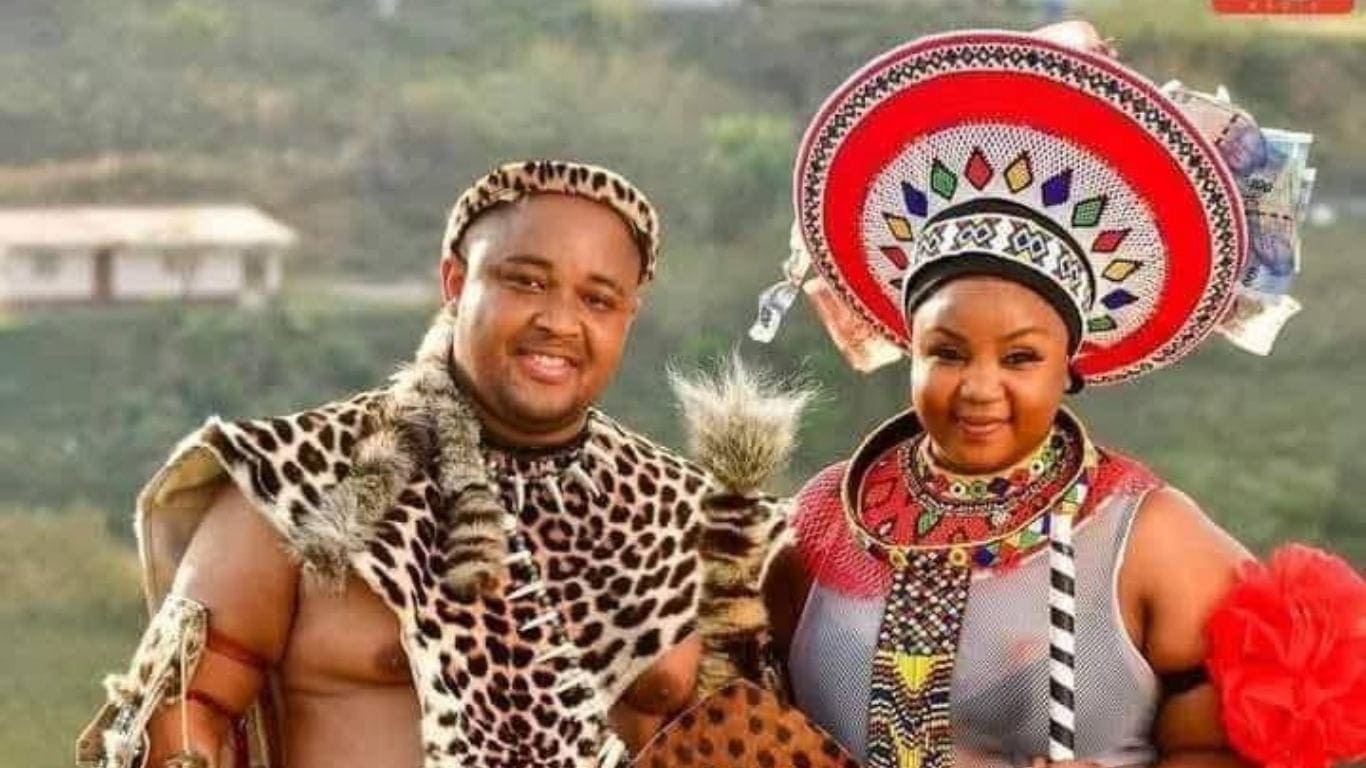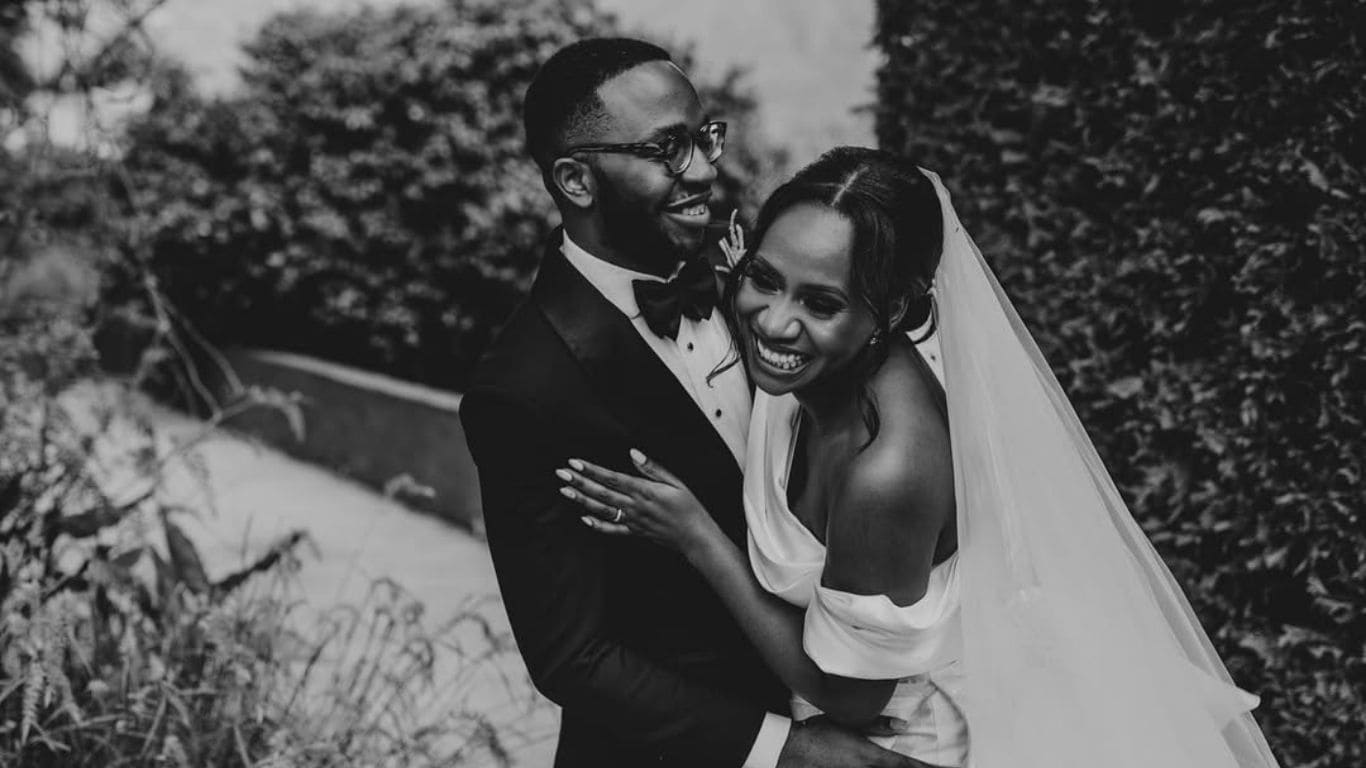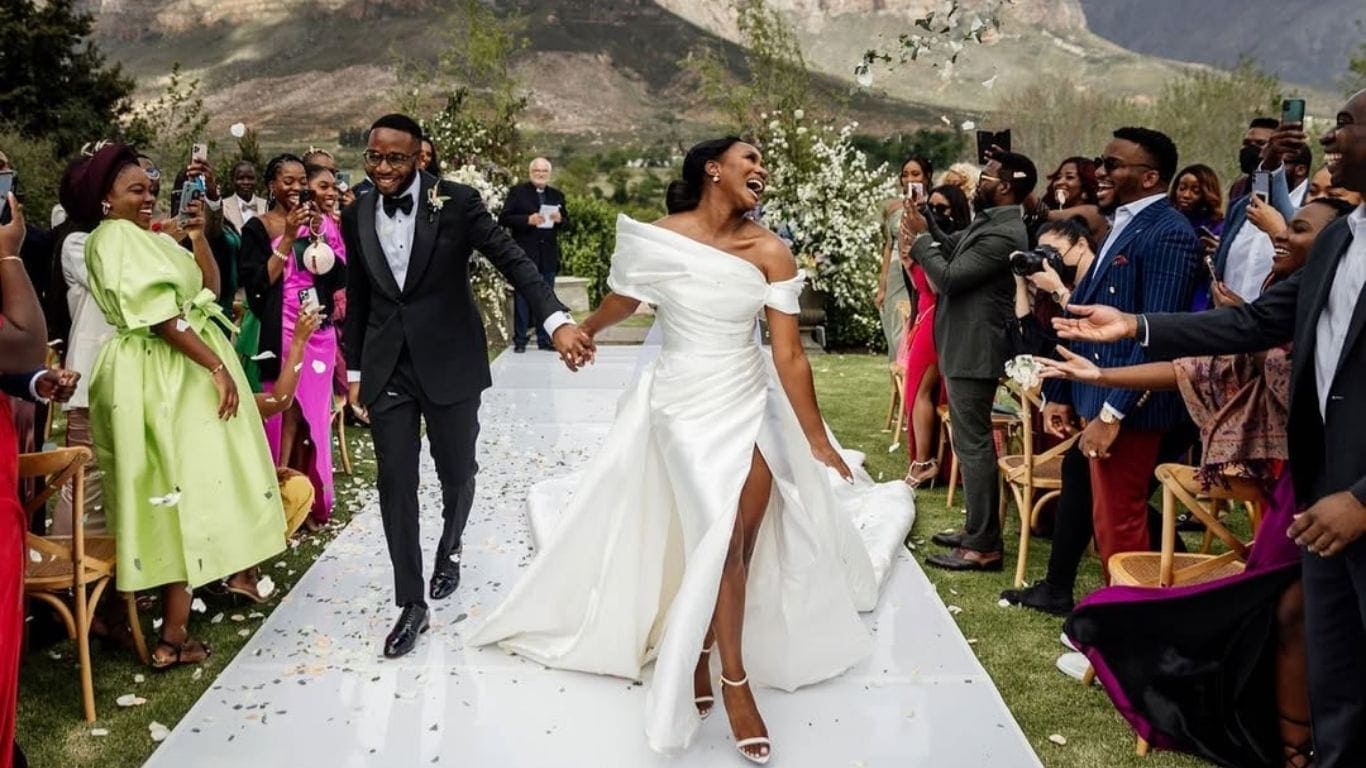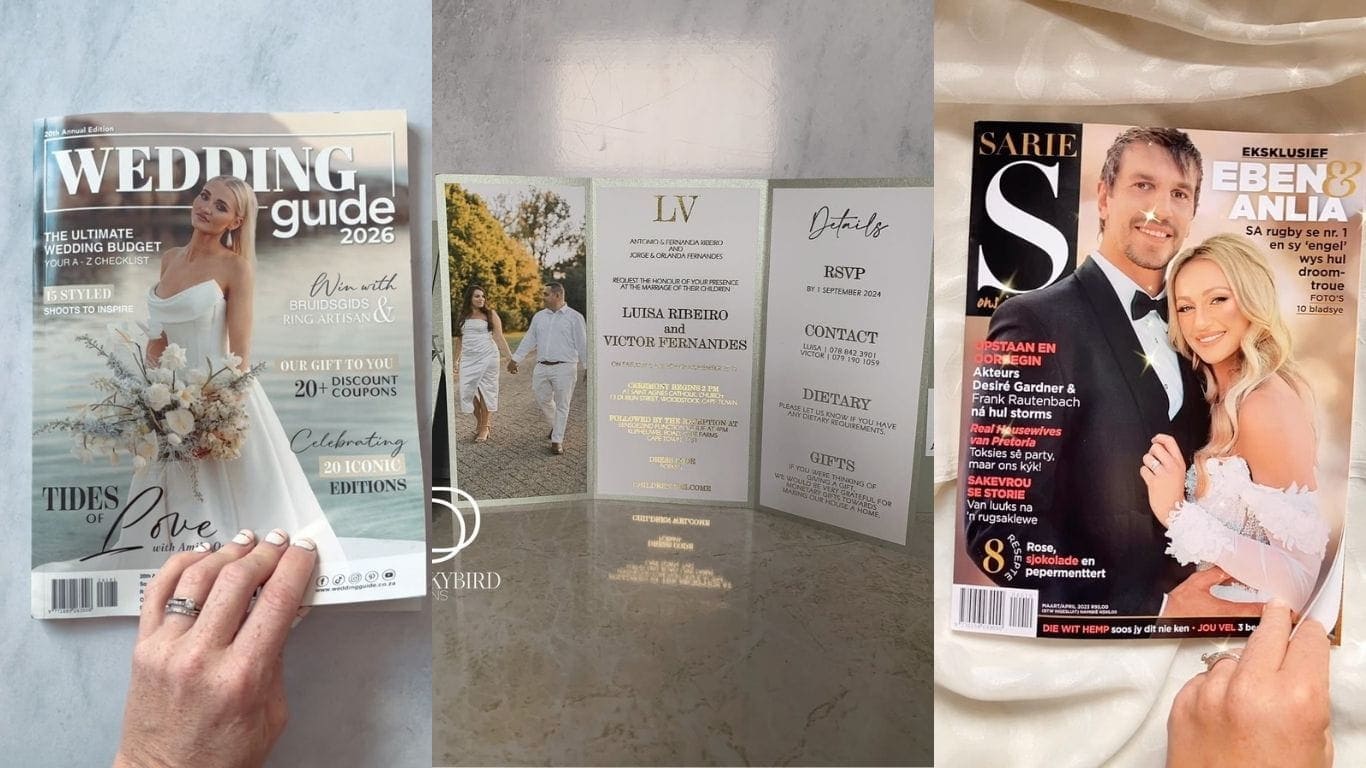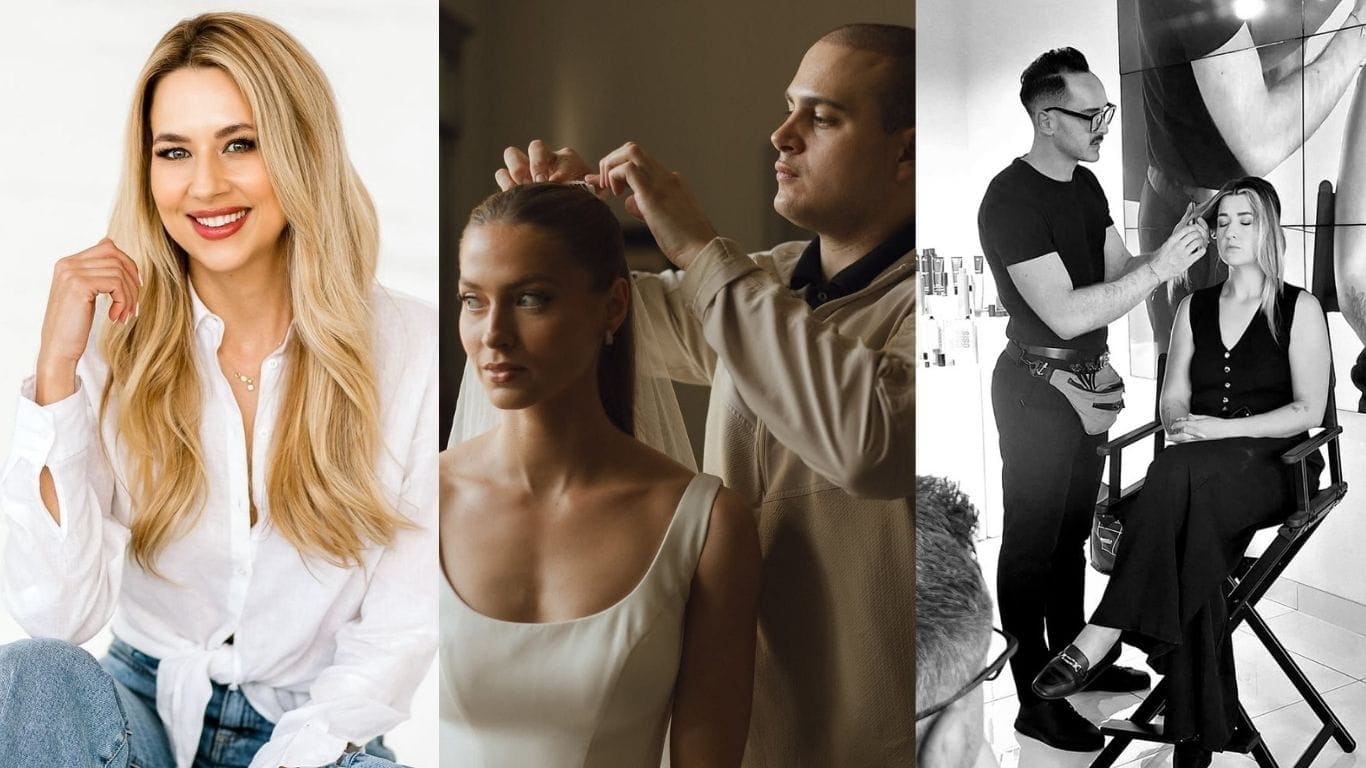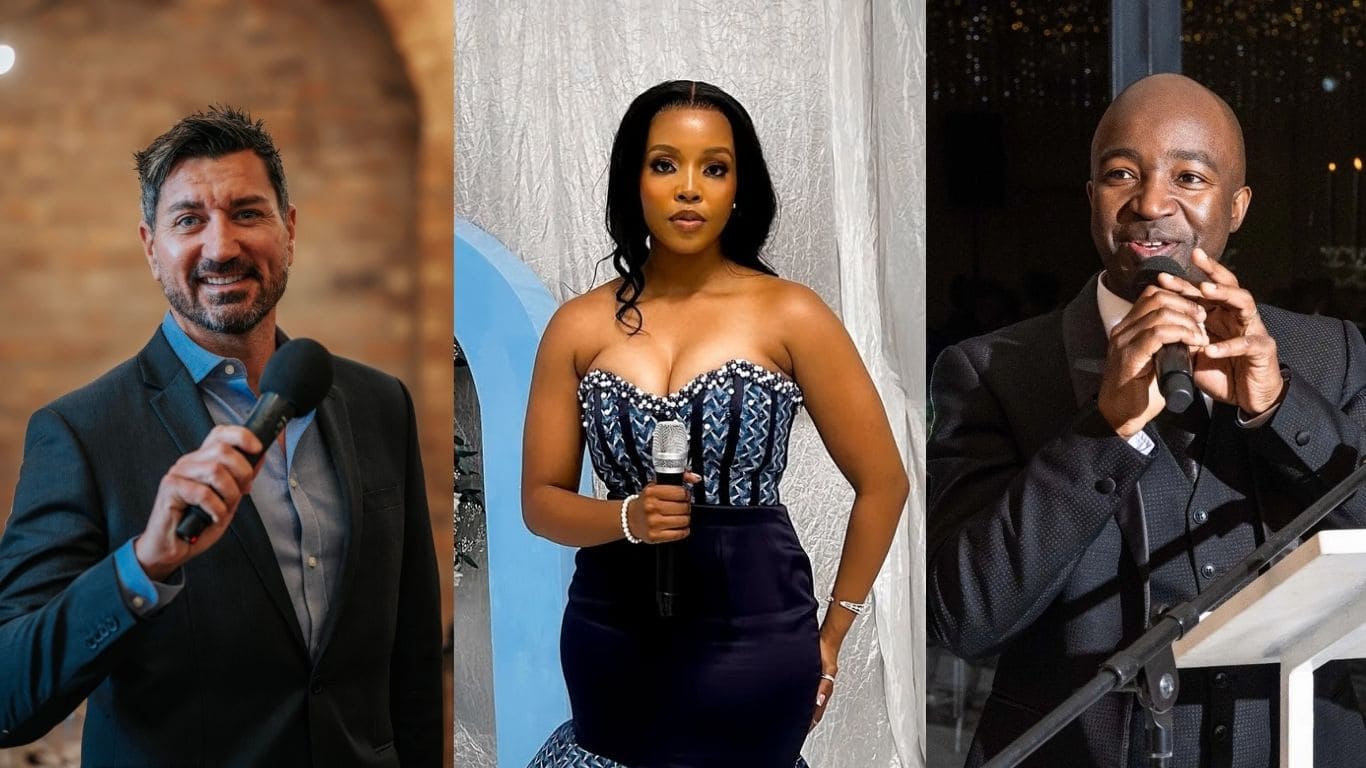How much does the average wedding cost in Nigeria for more than 300 guests in naira and dollars? Here’s everything you need to know and how much to budget.
Known for its rich culture, diverse landscapes, stunning scenery, warm hospitality, and vibrant cities, Nigeria (affably called the Giant of Africa) emerges as a top destination for weddings and events in Africa.
From the bustling streets of Lagos to the historic landmarks of Abuja, every state offers a unique blend of venues to suit every couple’s dream wedding.
With a plethora of event centers dotting its landscape, Nigeria promises to be an ideal destination for couples seeking affordable yet exquisite venues for their wedding receptions.
But did you know that getting married in Nigeria lately is not a joke? It can cost you a fortune to become a husband and wife. In this article, JanaTribe will enlighten you on the current cost of a Nigerian wedding: the traditional, white, church, or court wedding. Keep reading for more.

What does a typical Nigerian wedding look like?
In Nigeria, there is a traditional wedding as well as a white/church/court wedding. But historically, the traditional wedding itself is a strong reason to qualify as husband and wife.
The look of the party depends on the pockets of the partners involved as well as the level of understanding coming from both families.
In a Nigerian wedding, what you have is a total waste of resources, which could be better invested in ensuring there is enough to run the home after marriage.
On average, the couple spends a lot on souvenirs, food to host the invitees, and a lot of other items as specified in the family’s marriage list.
For a traditional marriage to happen in Nigeria, the groom and his family are meant to provide a list of items properly listed according to the requirements of the family of the bride.
This is why, in most cases, most Nigerians especially those from the eastern region, would tell you, “it costs a lot to marry,
These items could be typed on 2, 4 sheets of A4 paper. In some cases, it could be more, especially when the lady is from Imo State.
At the traditional wedding, the groom is made to provide several canopies (3 to 4 canopies or more depending on the number of people he and his bride are inviting), this could also depend on how popular or influential the family is or how influential the families are.
The bride is adorned in her traditional attire; this applies to the groom as well. They’re meant to dance to cheer their visitors after the traditional items and procession has been done.
After the traditional comes the white wedding (the order is not fixed, as some would have the white wedding first before the trad).
The white wedding is first done in the church, where vows are exchanged. In some cases, a church wedding means the intending couple has met some conditions as specified by the church.
Some are required to attend marriage classes where they’re taught some principles that apply to matrimony.
After these, the couple meets at the church, where the presiding minister joins them in holy matrimony.
After joining the couple, there is the reception.
The reception is where the couple is going to entertain their guests. They dance, cheer their guests, and provide some refreshments.
A typical Nigerian wedding is usually marked with a lot of fun, food to go around for everyone, drinks to enjoy, etc.
For the groom, it’s the day he becomes a Man. For the bride, it’s the day she becomes a woman; for the bride’s mom, it’s the day she cries to give her daughter away.
It’s such a loving thing to witness a Nigerian wedding because the event is usually packed with a lot of fun, and this depends on what the couple can afford.
Having known literally what a wedding in Nigeria looks like, one would then ask, How much does it cost to get married in the country? Keep reading for more.

How much does a wedding cost in Nigeria?
Whether you’re planning a lavish celebration or a more intimate event, having a comprehensive understanding of the costs involved will help you make informed decisions and ensure your special day is unforgettable.
In Nigeria, the price of a wedding ceremony strongly varies. There is no set amount because the rates vary among vendors. You can be fortunate to get a decor service that will charge you less, while another person will be charged an insane amount from that same supplier.
In Nigeria, weddings can range from $9,460 to $13,515, with guest lists often reflecting larger budgets. According to CNN in 2017, prominent wedding planner Funke Bucknor notes that costs can vary greatly, with some weddings costing as ‘cheap’ as $13,869.65 and others reaching up to $277,393.
According to The Guardian in 2016, an average Nigerian wedding has between 350 and 500 guests and costs between 2 and 3 million naira ( 7,000 and 10,000). For a small wedding in Nigeria, couples are expected to pay between 700,000 naira and 1,500,000 naira. However, it will cost significantly more than this for a multi-day celebration if you want to have a typical wedding in the UK. According to reports, the cost of some Nigerian weddings in the UK may reach 40,780,200 naira (roughly $31,220, or 25,000).
The wedding industry has also significantly impacted the makeup artistry industry, with celebrity makeup artist Jide of St. Ola charging a minimum of $1,000 for bridal makeup services, Business Insider Africa reports.
Recently, a tweet on X (formerly Twitter) went viral that tends to stipulate that the average cost of a Nigerian wedding in 2024 is 13.5 million naira. According to the X user, this insane amount is even without the bride’s gowns and groom’s suits, not to mention their bridesmaids and groomsmen’s outfits.
How about a court wedding? How is it done in Nigeria, and how much does it cost?
In Nigeria, a court wedding, also known as a civil marriage, is a legal union between two individuals that is conducted and recognized by a court of law, typically the registry or magistrate’s court. It’s a straightforward process involving signing legal documents in the presence of a registrar and witnesses.
A certificate, which is a globally recognised document of a marriage contract, is awarded to the couple, signifying their legal bond as husband and wife.
Civil/court marriage is now the central point in marriages because, even if you choose either the traditional or church wedding ceremonies, you’ll still be required to register your marriage in court to enjoy all the benefits the law provides to spouses.
While many Nigerians don’t regard it as a big deal because many people don’t have a proper celebration after the joining, this is gradually changing as many couples are now opting for a private civil wedding, and with this, you can have whatever type of setting you want, the ambiance, the scenery, and a reception.
So, what’s the average cost of a court/civil wedding in Nigeria?
Opting for a court wedding is one of the best and most budget-friendly ways to get married in Nigeria. While it takes a fortune to have a white wedding, it’ll cost you a little money to have a civil wedding.
A court wedding can cost couples just 15,000 naira (less than 12 dollars). Budget 5,000 naira (3.78 dollars) for the registration, rent a suit and wedding gown for 5,000 naira each, and buy a 50 naira (roughly $1) envelope to put the money inside. That’s all!
According to My Eventigo, a court wedding can also cost a little over 50,000 naira (less than 40 dollars). Here’s the breakdown of the cost of a court wedding by type:
- Special marriage costs 35,000 naira ($26.49)
- Ordinary marriage costs 21,000 naira ($15.89)
- Change of venue costs 30,000 naira ($22.70)
The timeline for an ordinary marriage is 21 days, while that of a special marriage is 7 days.
While it’s legally binding, some couples may choose to also have a traditional or religious ceremony for cultural or personal reasons.
Which is more important in Nigeria, a traditional wedding or a white wedding?
In Nigeria, the debate over which is more important, a traditional wedding or a white wedding, often sparks lively discussions. However, to be frank, the answer lies in personal preference. Neither is inherently more significant than the other, as both types of marriages hold their own cultural and personal significance.
Traditional marriages in Nigeria are deeply rooted in ceremonial customs, typically involving elaborate rituals and ceremonies that vary across different ethnic groups. These ceremonies often symbolize the union of two families and carry significant cultural importance. However, the legitimacy of a traditional marriage is primarily established through the payment of the bride price, with other aspects of the ceremony being optional.
On the other hand, white weddings in Nigeria, often referred to as church weddings, are not inherently tied to Western traditions but rather have biblical origins. The exchange of vows, rings, and the presence of a pastor are common elements, with many couples choosing to incorporate religious customs into their ceremony. Additionally, obtaining a marriage certificate from a licensed church is now equivalent to obtaining one from the registry, further emphasizing the significance of church weddings in Nigeria.
Ultimately, the decision between a traditional wedding and a white wedding boils down to personal preference. Some couples may opt for the cultural significance and communal celebration of a traditional marriage, while others may prefer the solemnity and religious symbolism of a white wedding. Regardless of the choice, what matters most is that the couple feels a sense of fulfillment and unity as they embark on their journey together.
The Bride Price in Nigerian Weddings
The bride price or dowry, also known as “eru iyawo” by the Yoruba tribe or “rubu” by the Hausa, is the first cost or thing that is paid in a traditional Nigerian wedding. In Ghana, it is called the “tiri nsa” or “kokooko bo.” In South Africa, it is called Lobolo (or Lobola, sometimes also known as Roora).
It’s universal across most Nigerian tribes for men to offer an agreed-upon set of items to the bride’s family before the marriage may take place.
Historically, it is a sign of respect for the bride’s parents and her side of the family. This symbolic gesture demonstrates that the man getting married is capable of taking care of a family and also serves as a token of gratitude to the bride’s family for raising a wonderful woman.
“This is to compensate the bride’s family for the loss of income or labor he is extracting from the family by marrying her and taking her away,, says Feyisola Ogunfemi, a Nigerian wedding planner and owner of Statuesque Events. “This can sometimes be quite exorbitant and the price increases if the woman has a university degree. The groom’s family brings the requested items and once it’s determined that they’ve met the requirements, the event can proceed.,
The bride price is usually a combination of cash and gifts ranging from clothes, household goods, food, and sometimes animals.
“Bride prices or dowry are usually something material, think money, home items, food items or physical property that is given to the family of the bride from the groom’s family, as a symbol of appreciation in recognizing the role the bride’s family played in raising her,, says Bisola Esiemokhai, an Atlanta-based wedding expert and owner of Event Design by BE. “The bride’s family typically comes together to create the list. Lastly, the dowry is often seen as the ‘I do’ answer by the groom, to the question of whether he is ready to marry the bride.,
Esiemokhai emphasizes that it’s important to understand that “the concept of bride price is oftentimes viewed (by other cultures) in a negative light as somehow implying ‘ownership’ of the bride. This couldn’t be further from the truth. As previously stated, the bride price is symbolic of the groom’s intention of marrying the bride as well as showing love and appreciation to the bride’s family for the hand they played in raising the woman he will get to call his wife. It’s an acknowledgment of the sacrifices her parents and family members may have made throughout their lives, the investment they made in her education, etc. This is why the bride price is not only items for the parents but for specific family members as well.“
How much does the bride’s price at a Nigerian wedding cost?
Nigeria is a large country with diverse groups of people with different beliefs and practices. So a marriage rite like the payment of the dowry (or its sum) varies heavily across regions.
Consider the Yorubas (south-west Nigeria), who have a population of at least 40 million in Nigeria and up to an additional 20 million people in neighboring countries and the diaspora.
The dowry is usually a very small amount of money, usually less than $100 (equivalent to a little over 130,000 naira), because it is entirely symbolic. Many Yoruba families do not ask for or accept dowries when men come to marry their daughters.
The marriage culture in Yorubaland is liberal and flexible because women have always had significant rights there, even before contact with the West. So things like families asking for a big dowry are a no-no because they want to avoid notions (implicit or not) that they are selling their daughters like physical things and that the husbands can do with them as they wish.
Yoruba weddings are large and extravagant; this is to make sure they’re memorable for the couple, even though the cost is usually borne by both families. Most Yoruba parents, especially, believe in catering for the wedding expenses of their children, and they should start their lives with whatever they’ve got.
Besides dowry, there’s also something called a marriage list that contains stuff the woman’s family wants the man to buy. In Yorubaland, that list usually has very few cheap items, or for many families, the list doesn’t exist.
It’s the reason Yoruba women find it relatively easy to leave a troublesome marriage and go back to their father’s house. It’s also the reason that Yoruba divorcees also find it relatively easy to remarry (after all, one is not a death sentence and shouldn’t be).
In the North, most bride prizes paid at mosques are around N50,000 (less than $40); the usual maximum is N100,000, which is less than $76.
Many areas in Igbo Land take bride prices very seriously. They put a heavy burden on the husband and his family to show what they can provide. Certain areas use the bride price to chop a man’s money. Others share the bride price between both families.


